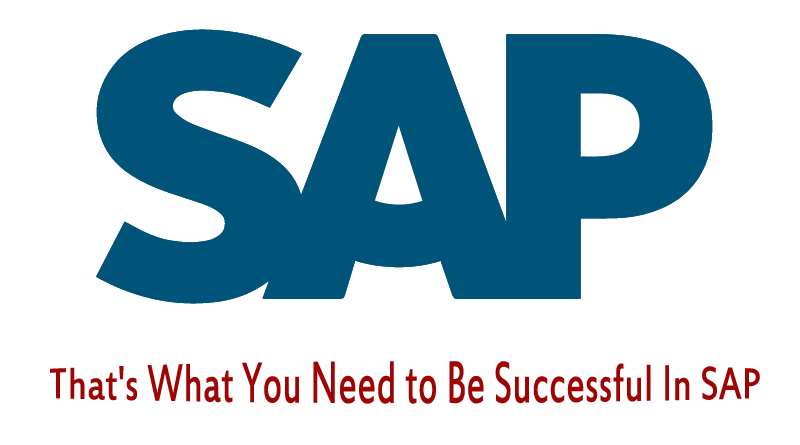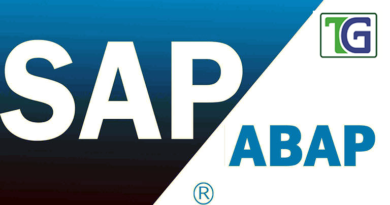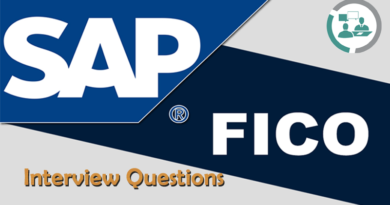That’s What You Need to Be Successful In SAP
The definition of SAP is now standard knowledge of computer scientists, economists, and business economists. In many IT job descriptions, the three letters are therefore in the requirements profile. Employees who are technically very well versed in SAP software are sought after by many companies. The salary of consultants or developers is correspondingly high.
Nevertheless, the term SAP consultant or SAP developer is not protected and in principle, anyone can call themselves that. For this reason, you should be able to demonstrate your knowledge with this software when applying in this area. Because at the latest in the job interview is striking, if only the definition of SAP has learned by heart. In addition to the appropriate This courses in universities, you can acquire practical experience in using SAP through an internship or a trainee position and thus start or advance your career.
These Tasks Await You as SAP Expert
Depending on whether you work as an SAP consultant or directly at the parent company as a developer or in sales, the focus may vary. Common to all directions is that you must be very familiar with SAP and business topics. As SAP is highly complex, often an SAP certification is part of your training, for example, when you complete a trainee program. Your daily work is characterized by project work at the customer – which can also take place internationally. Meaning, experience abroad is welcome depending on the location.
You Can Adjust to These Typical Tasks in Your Daily Work Routine
- Advising customers around SAP, for example on the main product SAP ERP (formerly R / 3), establishing a customer relationship
- Inventory and analysis of existing business processes
- Development of a strategy and integration/implementation of customized SAP solutions
- Monitoring, maintenance and optimization of deployed SAP applications
- Process management, testing of new functionalities and documentation of the results
SAP Modules for Almost Every Industry
For a long time now, there is no longer just a single SAP program. The software has been on the market since 2003 and has been developed continuously ever since. From classic SAP R / 3 to mySAP ERP to SAP ERP 6.0 Enhancement Package 8. Anyone who has ever taken an SAP course is not automatically confident in using the current version. And anyone who has once built up basic knowledge will not automatically be safe in dealing with an industry-specific SAP solution.
There are currently more than a dozen SAP modules on the market. The fact that the workflow and technical requirements in logistics are different from those in accounting and that quality management places different demands on its software than production planning is obvious. The group wants to take this into account with the help of coordinated SAP modules.
Current SAP Modules in Overview
- SAP Foundation module for a general overview
- SAP FI module for finance
- SAP CO for controlling
- SAP SD for sales
- SAP PP for production planning
- SAP MM for Materials Management
- SAP QM for quality management
- SAP HCM for Human Resources
- SAP BW for the Business Warehouse
- SAP PS for Project Systems
- SAP CRM for Customer Relationship Management
- SAP SRM for Supplier Relationship Management
- SAP ABAP for ABAP programming
Continue Training as You Need It
The developers are very practice-oriented, treating every conceivable work area in separate SAP modules. So if you work in any field, you can train yourself specifically to learn how SAP can be used concretely in his area, what tricks and tricks there are and what to pay attention to.




